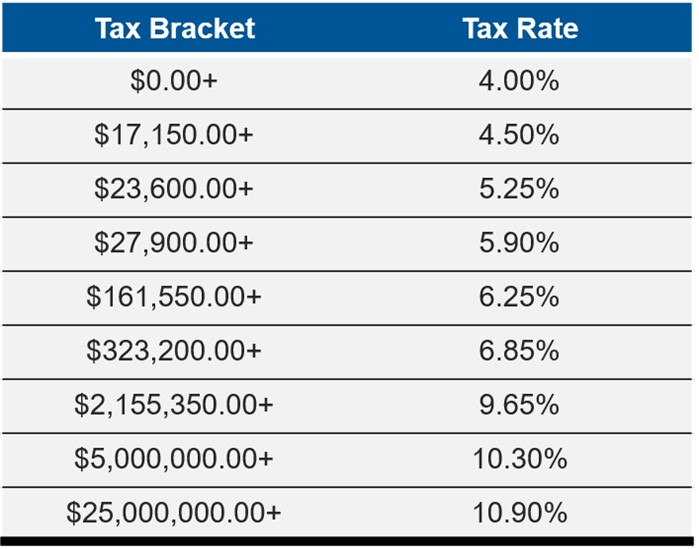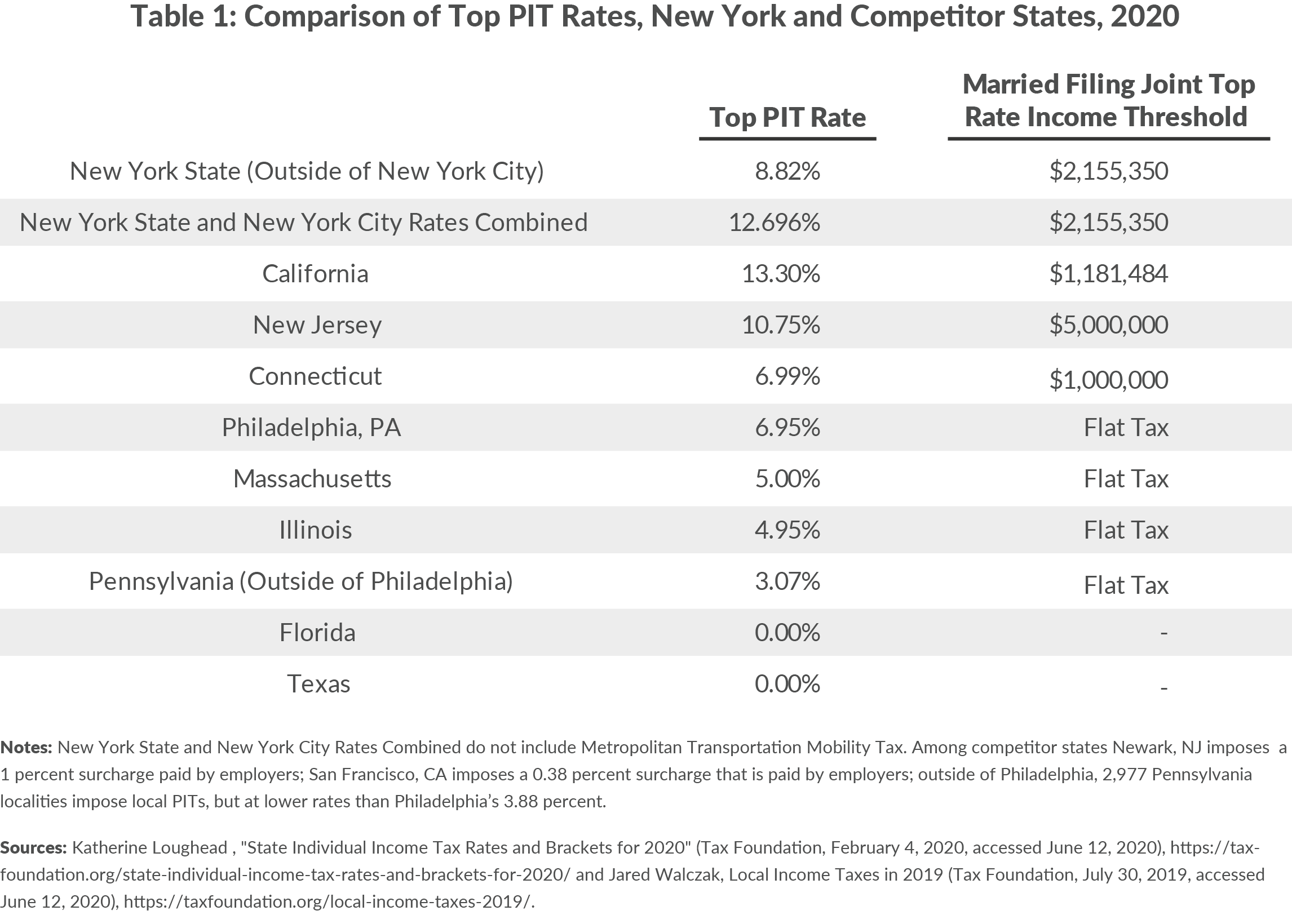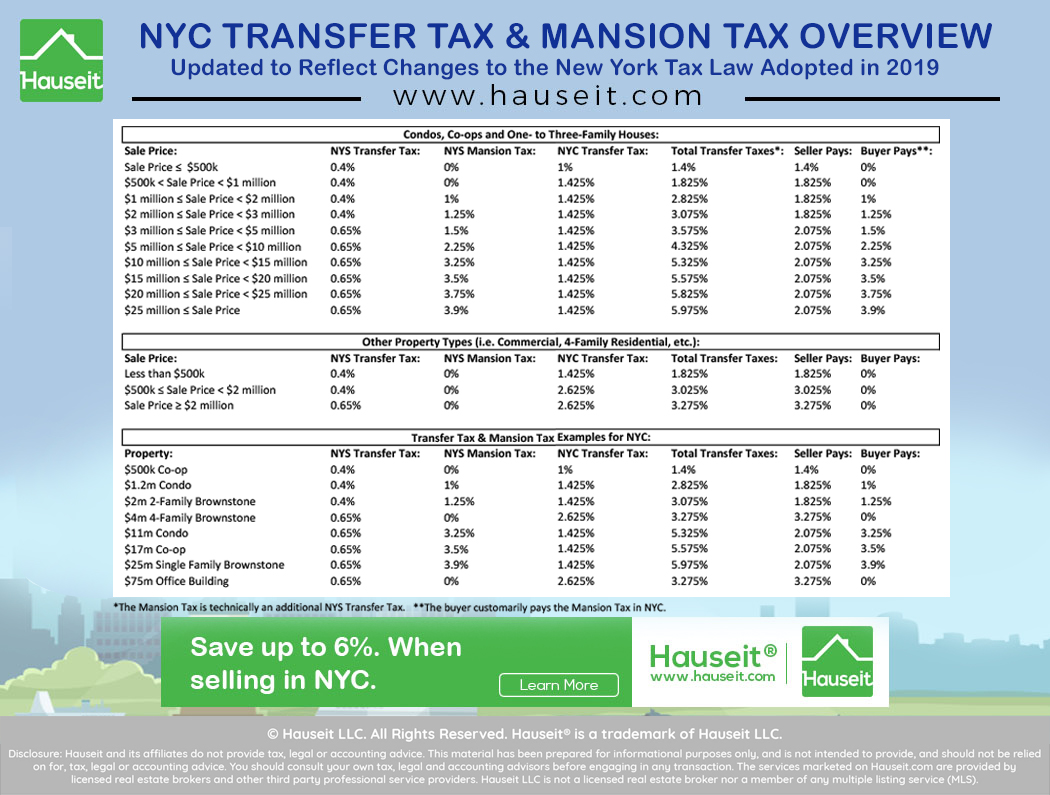Are you a New Yorker? Then you're likely well-acquainted with the unique and often complex world of city and state taxes a financial landscape that demands careful navigation to ensure compliance and minimize your tax burden.
New York City, a vibrant metropolis of over eight million residents, stands apart in the United States by imposing a local income tax on its inhabitants, a layer of financial responsibility that complements the state and federal income taxes. This intricate tax system, designed to fund essential city services, requires a thorough understanding to avoid potential pitfalls and maximize any available benefits.
Before delving into the intricacies, it's essential to grasp the fundamental structure of New York's tax system. At the heart of it lies the concept of a "progressive income tax," a principle that means higher earners shoulder a larger percentage of their income in taxes. Both New York State and New York City adhere to this progressive model, using different tax brackets and rates to determine your tax liability. In essence, the more you earn, the higher the rate at which each portion of your income is taxed.
Let's start with the individual, exploring the landscape of taxes in the city that never sleeps, New York City. Here's a glimpse of the tax-related things to know.
Understanding the Key Tax Components
The primary taxes relevant to most New York City residents are income tax and property tax, but also those who use the product "Cigarette" should know more about the excise tax on cigarettes.
Income Tax
New York City residents are subject to the city's income tax in addition to state and federal income taxes. The city's income tax rates, unlike the federal tax, are lower, but the fact that they're levied on top of other taxes makes a significant difference. The city income tax rates fluctuate annually, determined by your income level and your filing status. Moreover, the tax rate varies from year to year.
The income tax system in NYC is progressive, with rates increasing as income rises. For the 2024 tax year (taxes filed in 2025), the NYC income tax rates range from 3.078% to 3.876%, depending on your income bracket and filing status. Note that the tax rates for 2025 will range from 7.078% to 10.90%.
The city income tax is calculated based on your New York State taxable income, which is the income remaining after deducting items like the federal standard deduction. Additionally, the city provides a standard deduction it's $8,000 for single filers and $16,050 for those married filing jointly. This is an additional cost for city residents. Even if you earn money outside of NYC or New York State, if you are a resident of the city, then your total income is subject to NYC income tax. Both taxes are levied on income, but they apply to different groups and follow separate rules. One must understand the residency rules and tax rates.
The income tax is administered by the city's Department of Finance (DOF).
Property Tax
Besides income tax, property tax is another significant factor. Property tax varies greatly within New York State depending on whether you live in New York City or elsewhere. Unlike sales tax, NYC residents benefit from relatively low property tax rates. The median property tax in New York is $3,755.00 per year for a home worth the median value of $306,000.00. Property tax represented 44% of all the city tax dollars collected in fiscal years 2024, which ended on June 30, 2024.
Counties in New York collect an average of 1.23% of a property's assessed fair market value as property tax per year. Note that New York has one of the highest average property tax rates in the country.
Excise Tax
Certain products are subject to excise taxes, and cigarettes are a prime example. Cigarettes are subject to an excise tax of $4.35 per pack of 20. In New York City, there is an additional $1.50 excise tax per pack of cigarettes. For collections of rent by an operator or booking service, the amendments are effective on and after March 1, 2025.
Here's a summary of the NYC income tax rates for 2025:
| Income Bracket | Tax Rate |
|---|---|
| Income from $12,001 to $25,000 | Tax rates will range from 7.078% to 10.90% |
| Income from $25,001 to $50,000 | Tax rates will range from 7.078% to 10.90% |
The new york tax calculator already includes all the specifics indicated above.
New York State Income Tax
New York State also has a progressive income tax system with nine tax brackets, which means that the more income you earn, the higher your tax rate. These rates ranged from 4% to 10.9% for the 2022 tax year. The tax rates depend on the filing status. For instance, both single or married individuals filing separately. It is essential to coordinate the state and city tax credits. The tax credits often overlap.
Filing Your Taxes in NYC
Accurate tax compliance in New York City hinges on understanding the distinctions between NYC and New York State (NYS) income taxes. While both taxes are levied on income, they operate under different rules and affect distinct groups of individuals. This dual system, unique in many ways, highlights the importance of detailed tax planning.
The Department of Finance (DOF) oversees business income and excise taxes.
When filing taxes in NYC, here's what you should know:
- Filing Deadline: The deadline to file your 2024 tax return was April 15, 2025. However, NYC offers support to those who missed the deadline.
- NYC Free Tax Prep: NYC offers free tax preparation assistance all year round. You can use NYC Free Tax Prep to file your return or have questions answered.
- Estimated Payments: If you anticipate owing taxes, it's advisable to make estimated payments to avoid penalties.
- Coordination with State Taxes: Remember that NYC income tax is in addition to the state income tax. State and city tax credits often overlap.
Impact of Residency and Income Sources
Your residency status and the origin of your income significantly affect your tax obligations. Even if you earn income outside of NYC or New York State, being a city resident means that your total income is subject to NYC income tax. This all-encompassing approach emphasizes the importance of properly determining your residency status for tax purposes. New York City residents must pay a personal income tax, which is administered and collected by the New York State Department of Taxation and Finance.
Tax Planning and Optimization
Tax credits, deductions, filing status, and residency status can significantly influence the amount of taxes you pay. It's important to take advantage of all eligible deductions and credits to reduce your tax liability. In this article, we break down the NYC income tax brackets for different filing statuses, explain available tax credits, and discuss some ways to reduce or avoid paying the city income tax.
The tax rate you'll pay depends on your income level and filing status. New York State has a progressive income tax system, which means that the more income you earn, the higher your tax rate.
Remember, the information provided here is for informational purposes only and does not constitute financial or legal advice. Consult with a qualified tax professional for personalized guidance.
Additional Considerations
Beyond the core income and property taxes, several other factors can influence your tax situation:
- Business Income and Excise Taxes: The Department of Finance (DOF) administers business income and excise taxes.
- Selling or Renting Property: How selling property or renting it out can affect your taxes.
- Tax Credits and Deductions: Understanding available tax credits and deductions can help you reduce your tax liability.
- Tax Brackets: Understanding tax brackets for the New York State income tax.
Navigating the Complexities
As you can see, New York City taxes are multi-faceted. However, the rewards of living in this thriving city the vibrant culture, job opportunities, and diverse communities often outweigh the complexities of the tax system. By staying informed, planning ahead, and seeking expert advice when needed, New Yorkers can navigate the tax landscape confidently and fulfill their financial obligations efficiently.
The article explores how New York City's unique tax structure impacts residents and offers tips for successful tax management in the Big Apple. The article focuses on the most crucial aspects of New York City taxes.


